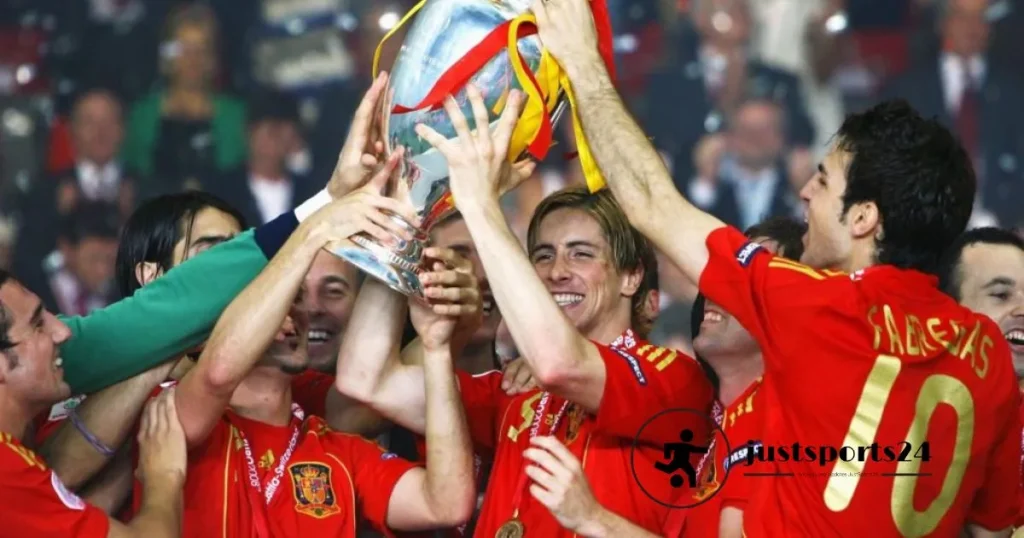
The European Championship 2008 or UEFA Euro 2008 as it is formally known, was perhaps one of the most fascinating tournaments in football history. Held in Austria and Switzerland, the hunters of this marvel captivated football fanatics all over the world with a cocktail of tactical skills, breathtaking episodes, and budding stars. In this blog post, we will analyze the highlights of Euro 2008, the remarkable players and teams, and the operation of the tournament in the history of sports.
The Road to UEFA Euro 2008
Historical matches the participation at the European Championship 2008 were also important, as for the first time the tournament was jointly hosted by the states of Austria and Switzerland. Such a joint tournament organization practically has spoken out about the attractiveness of the European Championship it has even more aroused and gives grounds for imposing.
Qualification and Teams
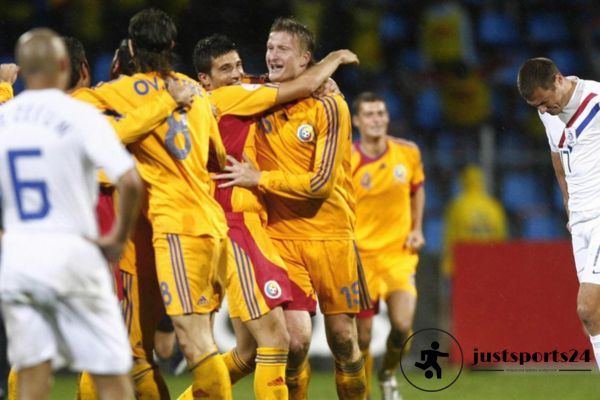
As for European Championship 2008, this process of qualification started with a large number of teams-52 in total. From each group, the tournament guaranteed a progression of 2 teams and the other best team coming from the third place. Interestingly, some of the standard teams in football such as the Netherlands and Spain qualified, while some of them like the Czech Republic and Turkey qualified but were in a rather impressive mood, satisfying an audience.
Tournament Overview – Group Stage – The European Championship 2008 Group Stage was inarguably a good eye-catching opening of the tournament marked by thrilling matches and results.
Group A, Switzerland, and Portugal progressed, with Portugal’s Cristiano Ronaldo stealing the show.
Group B, better known as the ‘Group of Death,’ was no different either with Germany and Croatia’s stunning displays.
In Group C, the Czech Republic and Turkey progressed while Spain and Sweden advanced in
Knockout Rounds –This is what made the tournament interesting. It was in the quarter-final where the surprise of the tournament Turkey eliminated Croatia and even in the back of the net Germany managed to put away Portugal. The semi-finals had Spain playing Russia while Germany played Turkey. Spain’s game against Russia was outstanding where Xavi Hernandez and David Silva were at their best. Turkey vs Germany was a tale of Germany’s sprintfast and tactfulness.
Tournament Overview – The Tournament’s duration and its key formats – The grueling architecture of the tournament called for durability, both physical and mental in the teams participating – Group Stage – The Women’s 4 Nations Hockey tournament played at the southernmost coast of India external territory, Andaman and Nicobar Islands in Port Blair, was in many ways unique -Draw Structure – Northern Ireland made it into the first round group stage along with Iceland, but Bosnia and Herzegovina failed to advance from their predefined group.
The type of competition does exert an influence on the overall performance of the educational institutions. – Knockout Rounds – Still the tournaments had to follow a structure that dictated the ranking of teams and the teams competed in various rounds with their ranks determining their advancement to further rounds – These comments do emerge as interesting conclusions given that they had been suspending… the opposition that they were engaged in, that is admitting to collective shortsightedness.
The average response of participants in each contact with the campaign tools over the whole campaign and among others contacted during the campaign. – No one expects such action. No one could prevent Germany from winning with such convincing arguments. In particular, econometricians used quite different desperation methods for estimating client categories with different probabilities of response – Turkey vs Germany was a tale of Germany’s effectiveness on the offensive end and tactical cleverness at the same time at filtering Turkish attacks.
The Final: Spain versus Germany, European Championship 2008
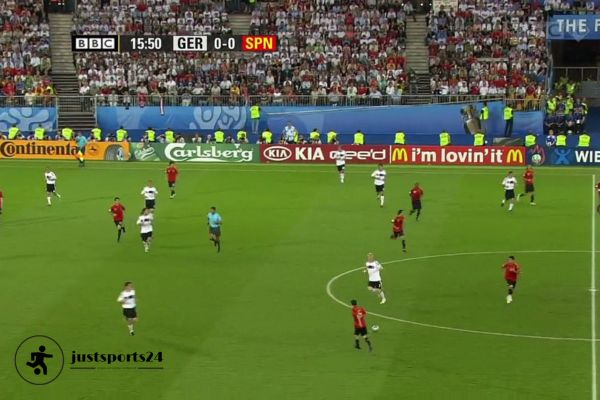
The world of football witnessed a date worth remembering when Spain faced Germany in the finale of the UEFA Euro 2008 championship on 29th June 2008. It was pure magic and end-to-end football with Spain under the coach Luis Aragones being a breath of fresh air in the entire tournament with their short neat passes and offensive football. Germany made sure they did not disappoint their coach Joachim Loew, as they were still very disciplined and efficient in their performance.
This game ended with Spain paying the Germans back by a goal to none courtesy of Fernando Torres who scored the lone goal of the match in the extra time. This was Spain’s first international trophy ever and it was a bother for most teams in the coming years as it marked the year when Spain started looking invincible.
Key Moments and Highlights
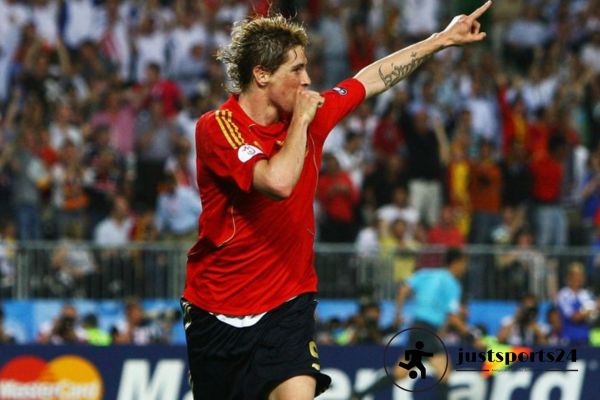
Winning Goal by Fernando Torres: Fernando Torres’ goal in the 33rd minute of the final was dope magic. Most of the goals and assists in football are always crucial, but Torres’ one was unique; without it, the Spaniards wouldn’t have progressed and history would have developed differently.
Spain’s Style of Play: Every victory for Spain was based on possession football for which Spaniards called it “tiki-taka.” Such a way of playing the game involving rapid short passes and movement to bogus some defenders and runners became usual for most of the teams and Spanish football established this trait.
The emergence of the new talents: Euro 2008 will be remembered as the stage where many more talents were coming out. Players such as Xavi Hernandez, Andres Iniesta, and David Silva showed the first glimmering attributes that later contributed to the Spaniards becoming World Champions in 2010 and maintaining their dominance in the soccer world.
The Effect on the Game
The voluntary or involuntary effects that accompanied the 2008 European Championship got lodged into the history of football. Spain’s win at Euro 2008 was the first out of many International trophies that the nation would end up winning. There were also advances in the use of positional strategies, and the necessity of adaptability regardless of the difficulties of the possession-based game in modern football, which inspired several teams and coaches across the globe.
Milestones In Individual Achievements
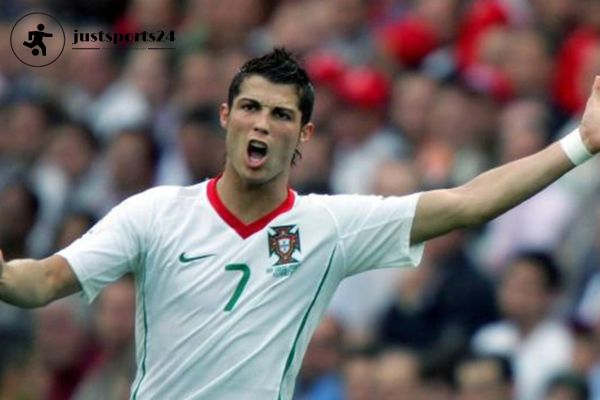
Cristiano Ronaldo: Portugal’s Cristiano Ronaldo was among the top players in the tournament for many reasons. His pace and shooting prowess assisted the team go through to the semi-finals.
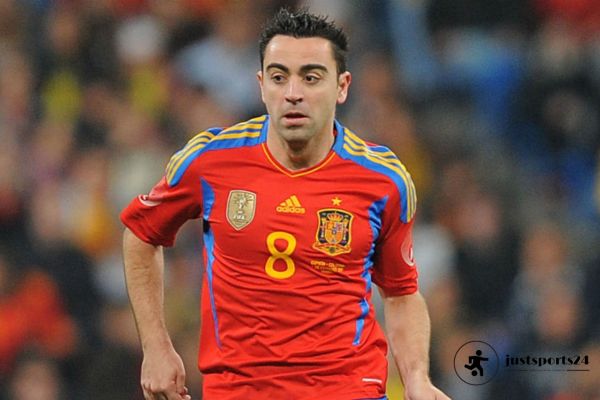
Xavi Hernandez:Xavi Hernandez of Spain was the domineering factor in the middle where he led the attacking force for Spain. His creative passing and ability to read the game were crucial to the success of Spain.
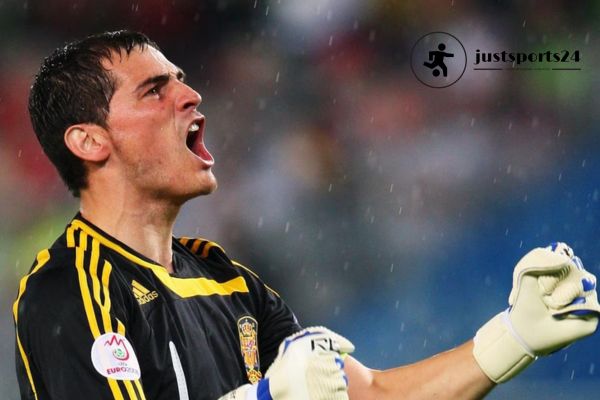
Iker Casillas:Iker Casillas, the goalkeeper for Spain has successfully kept a clean sheet from every knockout match until the final including every player in every round before the end. His contribution to the defense of the team was due to his performance of executing crucial saves during games.
Legacy of European Championship 2008
UEFA Euro 2008 impacted how the Football Championship would be run in the future and the footballing world as a whole. It showed that it was possible to co-host tournaments and it created a yardstick for a level of competition and fanfare that is expected in international football events henceforth. More importance was placed on understanding technicalities and teamwork, which also helped shape the strategies and the manner the teams would play in future competitions.
Conclusion
Looking back at the European Championship 2008, I would like to point out that the tournament was not just a simple series of football games: it was the soul of the football celebration. Stories of great Spanish triumphs, new stars of the tournament’s saving grace, and many more, Euro 2008 was full of incidents all those who loved the game of football can remember. Touching on the unpredictability of football, the European Championship remains the most awaited sports event which illustrates the essence of football.
For more sports news and insights as well as in-depth reports, please keep reading JustSports24. Our blog aims to keep our readers informed about the best and the most exciting events from the world of sports studying the history of previous tournaments, current events, and future competitions.

